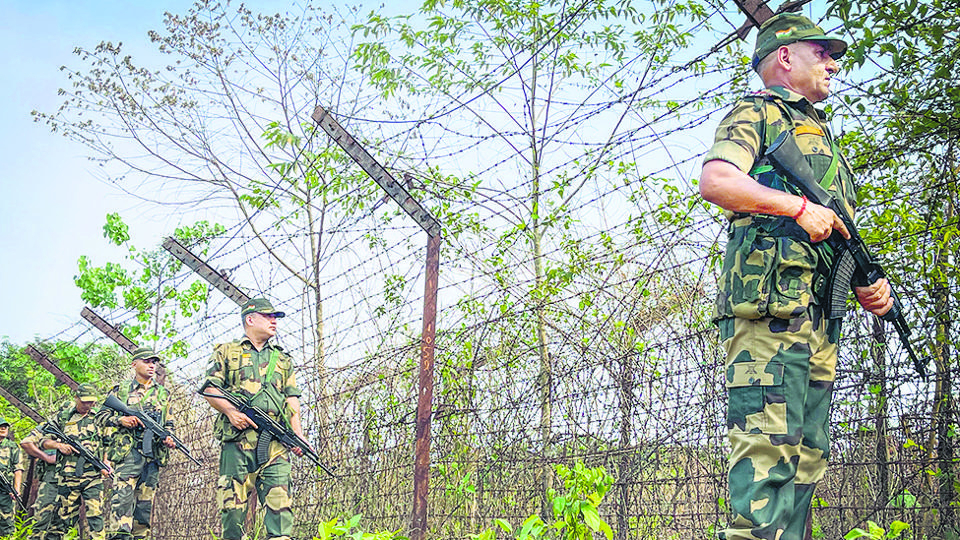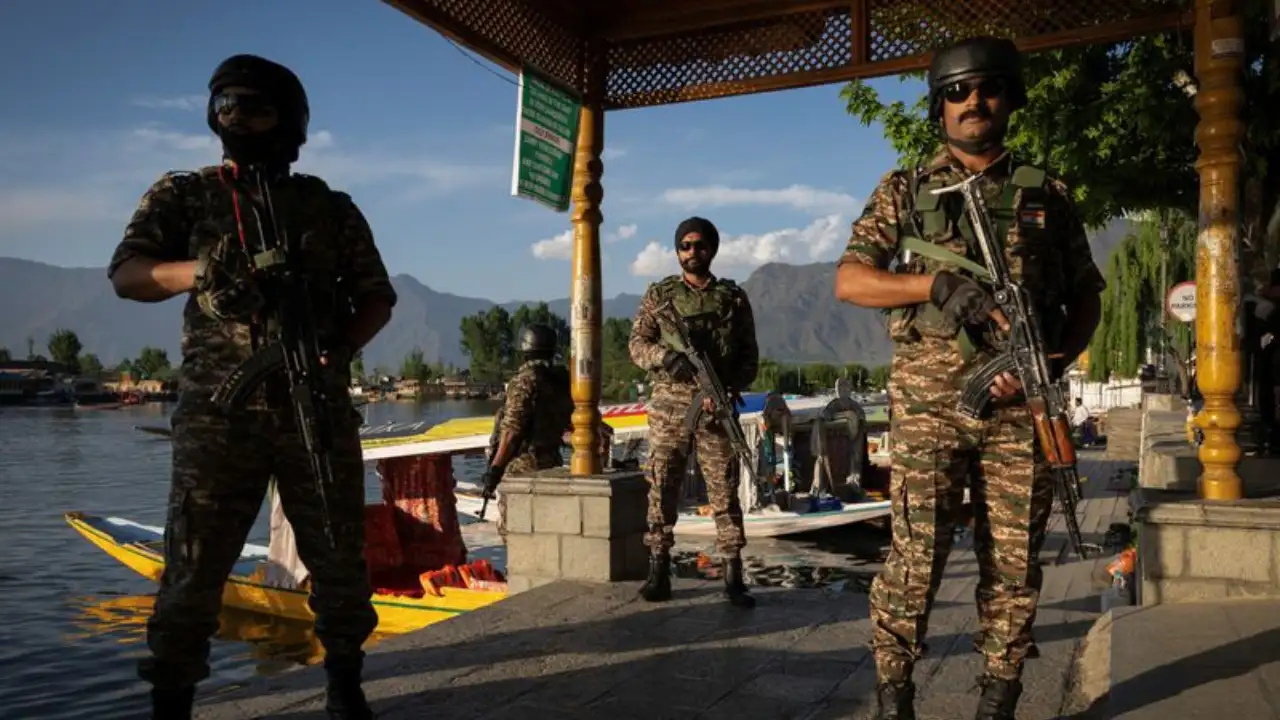On April 22, 2025, a brutal terrorist attack shook the peaceful town of Pahalgam Terror in Jammu and Kashmir. Armed militants opened fire on a group of Hindu tourists in the scenic Baisaran Valley, killing 28 people — 25 Hindu pilgrims and a local Muslim guide. The attackers, reportedly using sophisticated assault rifles like AK-47s and M4 carbines, fled the scene before security forces could engage them.
This attack is being described as one of the worst in India since the 2008 Mumbai terror attacks. The incident has sparked national outrage and raised tensions across the India-Pakistan border. The Indian government has directly blamed the Pakistan-based terrorist group Lashkar-e-Taiba for carrying out the attack, citing intelligence reports and intercepted communications. According to Indian officials, the attackers received training and shelter in Pakistan-occupied territories, including Muzaffarabad and Karachi.
India’s Diplomatic and Strategic Response

In the days following the attack, India has taken a series of strong and calculated steps to respond to what it sees as a clear act of cross-border terrorism. The Indian Ministry of External Affairs summoned Pakistan’s envoy and conveyed New Delhi’s anger and frustration. Soon after, India suspended several bilateral arrangements, including:
- Suspension of the Indus Waters Treaty: India halted the decades-old water-sharing agreement with Pakistan, a move that could severely impact Pakistan’s agricultural economy. This treaty, signed in 1960, had survived multiple wars and conflicts. Its suspension marks a serious downturn in diplomatic relations.
- Expulsion of Pakistani Diplomats: Indian authorities expelled several diplomats from the Pakistani High Commission, citing national security concerns. The Attari-Wagah land border was also sealed, and all Pakistani nationals’ visas were temporarily suspended.
- Engagement with the United Nations: India raised the issue at the United Nations Security Council (UNSC), demanding international recognition of Pakistan’s role in nurturing terrorist networks. Indian diplomats submitted evidence of terrorist camps and safe houses operating with the alleged support of Pakistani intelligence services.
India’s Foreign Minister, S. Jaishankar, addressed several global forums and personally briefed world leaders on the gravity of the situation. The Indian government is seeking to build global pressure on Pakistan, pushing for targeted sanctions and a global freeze on the financial networks funding terror operations.
Global Reactions and Calls for Restraint
The international community has responded with concern to both the attack and the growing tension between the two nuclear-armed neighbors. United Nations Secretary-General António Guterres issued a strong condemnation of the Pahalgam massacre, offering condolences to the families of the victims and calling for those responsible to be brought to justice swiftly.
The United States, while expressing deep sorrow over the incident, urged both nations to avoid military escalation. U.S. Secretary of State Marco Rubio reached out to both Indian and Pakistani officials, encouraging transparency, intelligence sharing, and a joint effort to dismantle terror networks. However, he emphasized the importance of restraint and peace.
Qatar and Saudi Arabia, two major players in the Muslim world, also stepped in diplomatically. Both countries issued statements urging India and Pakistan to engage in dialogue and prevent any further military confrontation. Their call for restraint is seen as a move to prevent a broader regional crisis.
Pakistan Denies Involvement, Warns of Possible Conflict
Pakistan has strongly denied any involvement in the Pahalgam attack. In a televised statement, Pakistani Prime Minister Shehbaz Sharif called the accusations “baseless and politically motivated.” Pakistani officials have offered to cooperate in a neutral investigation under international supervision and accused India of using the incident to further its own political agenda.
Adding to the tension, Pakistan’s Information Minister warned of a possible Indian military strike within the next 24 to 36 hours, citing intelligence gathered from regional sources. Pakistan has reportedly placed its armed forces on high alert, particularly along the Line of Control (LoC) in Jammu and Kashmir.
Situation on the Ground
In Kashmir, the atmosphere remains tense but calm. Indian security forces have increased their presence in key areas, conducting door-to-door searches and deploying drones for surveillance. Minor skirmishes have been reported in some border areas, but there are no confirmed casualties as of now.
The Indian Army Chief recently visited Srinagar and reviewed preparedness along the border. Prime Minister Narendra Modi has reportedly given the armed forces full freedom to act in response to the attack, based on operational needs and strategic timing.
Meanwhile, families of the victims in Pahalgam are grieving their losses. Candlelight vigils, protest marches, and social media campaigns have swept across India, demanding justice and stricter actions against terrorism. Many citizens have also criticized what they see as a lack of adequate security in tourist areas, even during the sensitive pre-election period.
Looking Ahead
With both India and Pakistan on high alert, the international community is watching closely. The fear of escalation is real, especially considering the military capabilities of both countries. The Indian government’s clear message — that terrorism will not go unanswered — suggests that further diplomatic or military actions may be underway.
Experts say that while a full-scale war is unlikely due to the economic and human costs, limited military actions such as targeted airstrikes or cyber offensives cannot be ruled out. India’s future moves will likely depend on international support, Pakistan’s response, and the success of diplomatic efforts over the coming days.
What is certain is that the Pahalgam terror attack has not only taken innocent lives but also dangerously inflamed a long-standing and volatile regional rivalry. The hope now lies in strong global diplomacy, credible investigation, and a firm stand against terrorism without plunging South Asia into further conflict.



